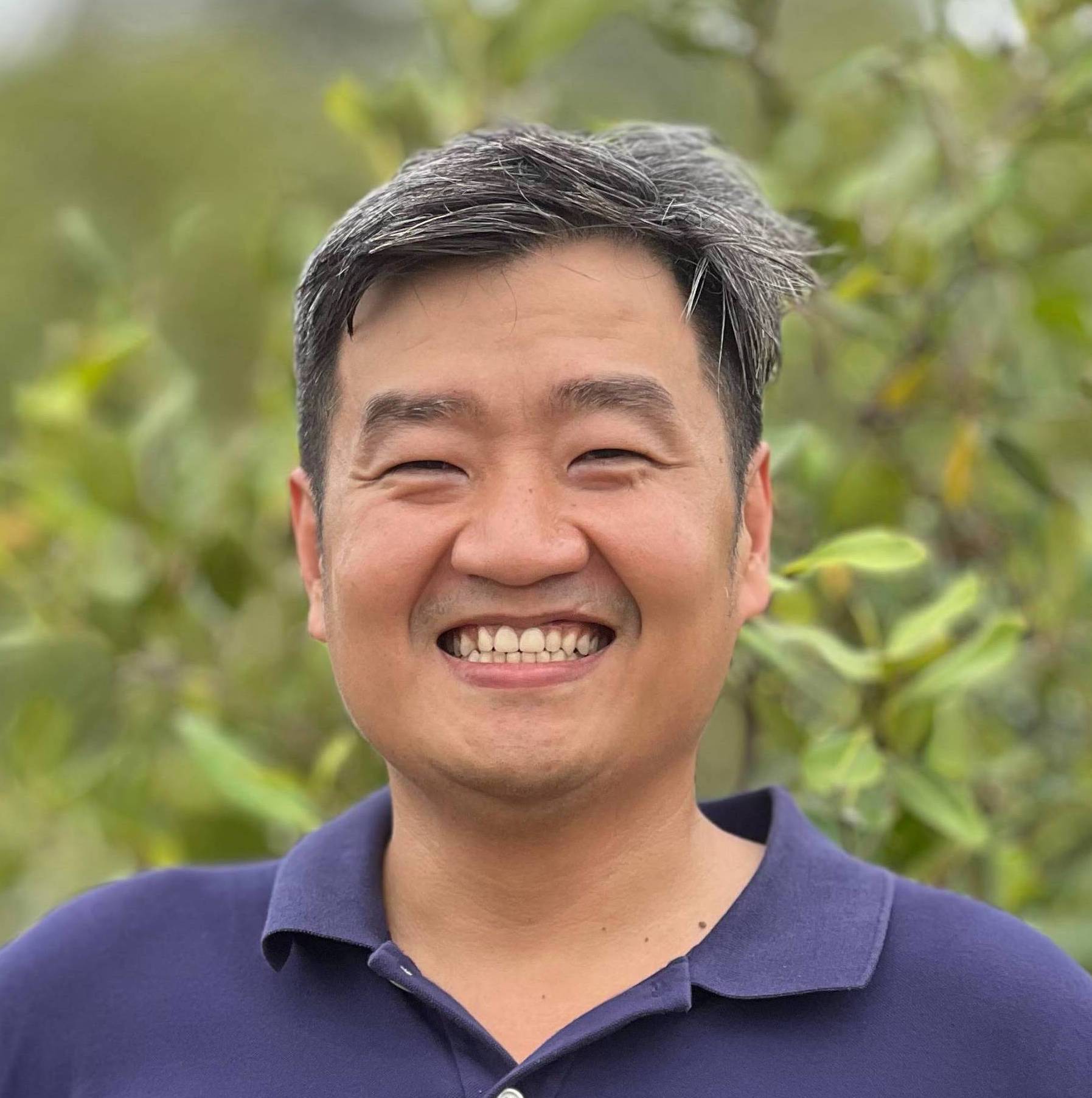
Loc Tran
Founder & CEO
EcoSeafood Group and
ShrimpVet Laboratory
Vietnam
Loc Tran is Founder and CEO EcoSeafood Group, a recently established environmental, social, and governance-focused spinoff of ShrimpVet Laboratory. Under the EcoSeafood Group, scientist-turned-entrepreneur Loc is charting a new course with a greenfield aquaculture project in Bac Lieu, and to spread his vision for a new model that emphasises efficiency, sustainability and technology transfer. ShrimpVet, founded in 2013, is an independent research company that provides various services and products for the global shrimp sector. Research at ShrimpVet includes genetics, disease diagnostics and disease management, hatchery and farming technologies, nutrition, therapeutics development and new aquaculture technologies.
Loc Tran has a PhD in shrimp pathology and disease from the University of Arizona, USA and an MBA in business finance from Andrews University, USA. He is also the Director of the Asian Pacific Aquaculture chapter of the World Aquaculture Society, and has worked with many organizations and institutions worldwide to foster sustainable aquaculture practices and innovations.
| Session | Precision Shrimp Farming & Gap Analyses: Effective Genetics, Hatchery and Production Planning |
| Presentation | Shrimp Farming in Vietnam: New Model for Efficiency, Sustainability and Technology Transfer |
Abstract
Vietnam’s shrimp industry is undergoing a period of profound stress, driven by persistently low farm-gate prices, escalating input costs, and increasing scrutiny over environmental sustainability. These structural challenges are further intensified by global competition, particularly from cost-efficient producers such as Ecuador and India, resulting in a prolonged price crisis and declining profit margins for Vietnamese farmers.
In response, EcoSeafood Group (E.S.G) – a newly established enterprise building upon the technological foundation and field experience of ShrimpVet – has introduced a novel, systems-based shrimp farming model. This model integrates modular farm design, advanced production technologies, and mangrove agroecological integration to enhance productivity while minimizing environmental impact. With a current pilot site of 30 hectares, the system is engineered to optimize resource efficiency, reduce labor dependency, and lower carbon footprint through automation and scale.
E.S.G aims to expand this model to 50 modules by 2030, accounting for just 1% of Vietnam’s total shrimp farming area, yet potentially matching national production levels through intensified yield. Beyond economic efficiency, the model addresses a broader socio-structural issue: attracting a new generation of farmers by offering a high-tech, profitable, and sustainable alternative to conventional shrimp aquaculture.
This presentation outlines the conceptual framework, preliminary outcomes, and long-term vision of this transformative approach to sustainable shrimp production in Vietnam.



